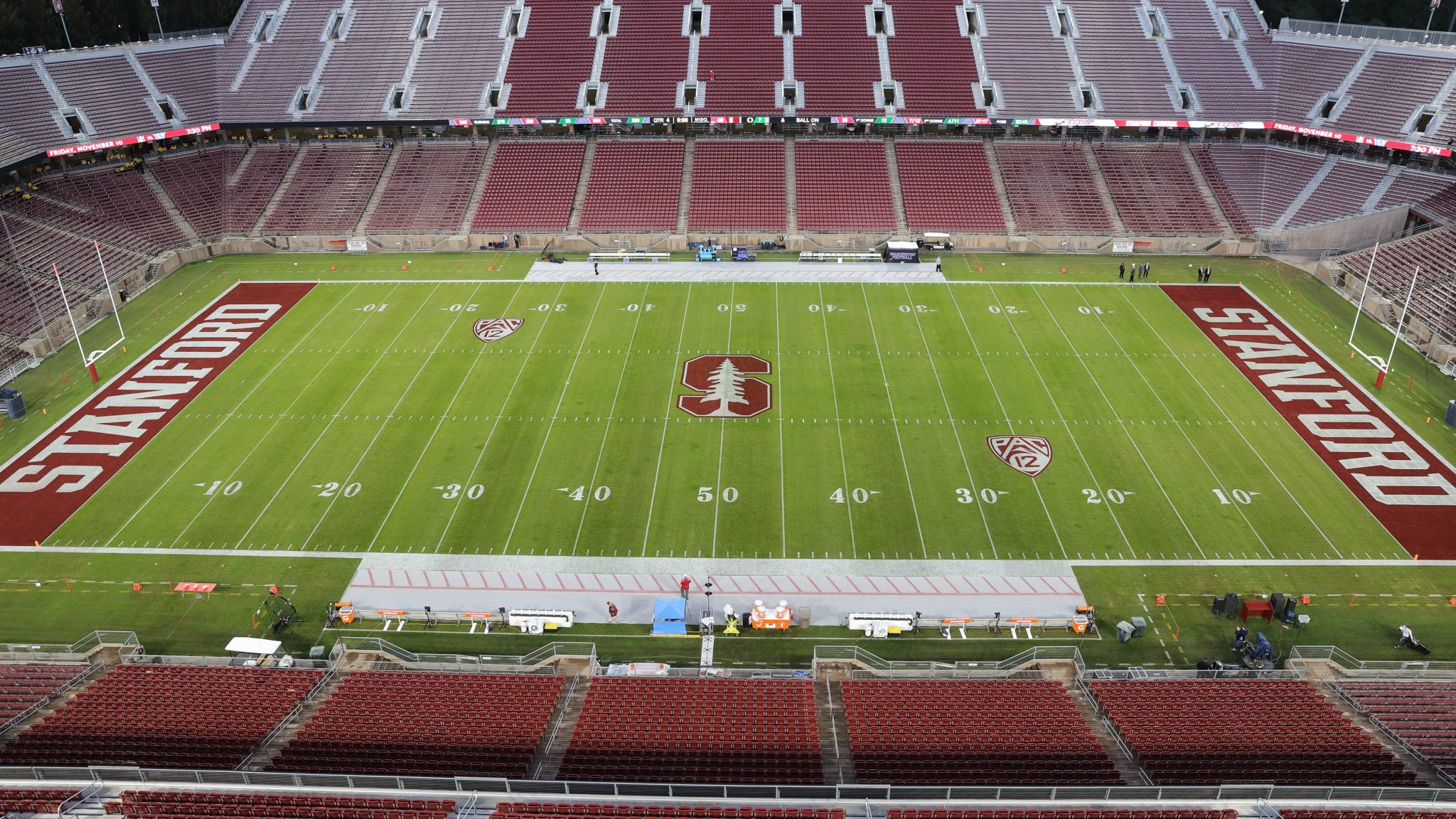College Football, Interrupted

The collegiate licensing playbook is being rewritten on the fly, as the Big Ten and Pac-12 conferences postponed fall sports – including football, the big revenue and licensed product driver –until spring, in a best-case scenario. Three other big conferences — Atlantic Coast Conference (ACC), Big 12 and Southeastern Conference (SEC)—still plan to play, beginning next month.
Swift consequences
The economic hit can be swift and extreme. Top of the World, a headwear/apparel manufacturer with more than 500 collegiate licenses, shut its doors yesterday and is liquidating, the end of a spiral that began when normal life – and the college basketball season — were interrupted shortly before the NCAA Tournament.
Said one collegiate licensing director: “They won’t be the last.”
Big Business
One official at a big-time football school estimates that up to half the annual sales in the campus bookstore surround the six home football weekends. He also says that perhaps five percent of the normal number of students will be on his campus this fall.
Meanwhile, Learfield IMG Partners — which owns broadcast rights and represents for merchandise licensing a host of major collegiate sports programs – was reported to be “preparing for a possible financial restructuring;” the company refuted portions of that report, though acknowledging that it’s renegotiating some deals given game cancellations and market uncertainty.
Renegotiation
That’s a common story. Many schools are in preliminary discussions with licensees about revising contracts. Negotiations involve a range of scenarios depending on the licensee, but typically include delaying or reducing minimum guarantees, temporary revenue sharing, or reworking a contract to extend its term, says Rick Van Brimmer, Assistant VP Business Advancement, Trademark and Affinity Management at Ohio State. Schools will need to be “flexible” in dealing with licensees and gauging the strength of their business, he said. Some schools also are requesting licensees outline the impact of the pandemic on their business before granting any concessions.
“Those licensees where college and retail are a large part of their business are going to be challenged,” says an executive at a company active in the collegiate marketplace. He estimates that licensee revenue from the collegiate business could decline 40-60% on average this year – up to 80% in the third and fourth quarters.
Says one licensee: “The fair thing to do is put a pause button on any deal we have, so if we have a 10-year deal, we take this year and pay what we sell as earned, but there are no minimum guarantees, no marketing fund commitment and there’s nothing else that we would otherwise do in a ‘normal’ year. Where we are the master licensee, we have to do the same thing to our vendors.”
Supporting the business
Ohio State is bolstering its social media presence to support its business and working with broadcast partner Fox Sports to deliver “classic” games on Saturdays in the fall, says Van Brimmer.
“We are going to get a good look at what a doomsday scenario looks like,” he says. “But on the other hand, we have always considered ourselves as something that is not just based on the athletic events that happen over a fall period,” says Van Brimmer. “It will be very important to maintain the culture of something happening around us on Saturday afternoon; that could be a replay of a game on television that still gives the fanbase something to look forward to. The challenge is what do we do to fill that space and help licensees by continuing to create the demand for Ohio State products at retail.”




